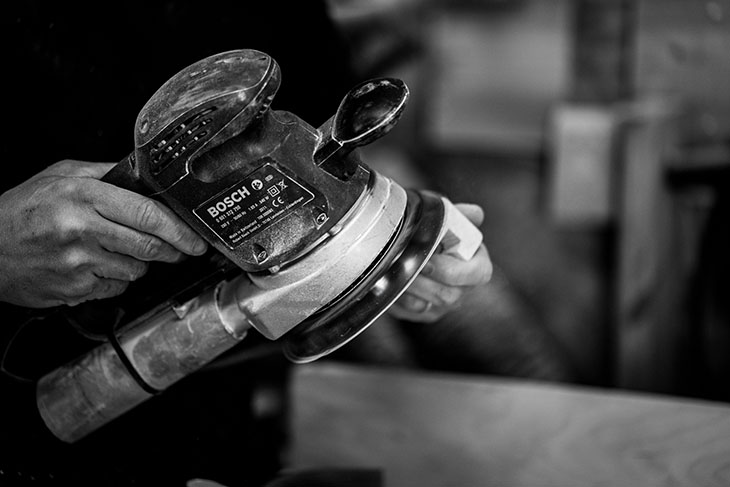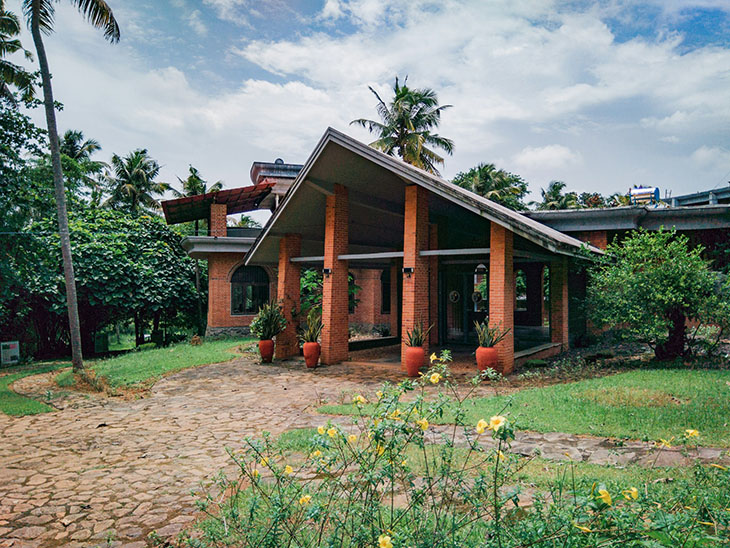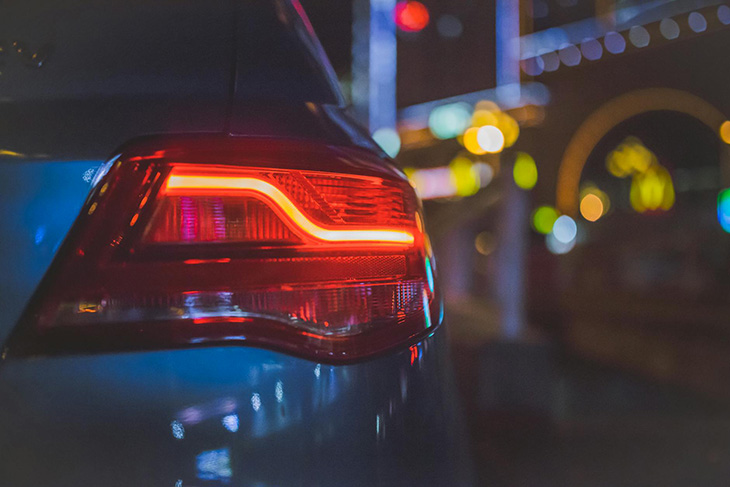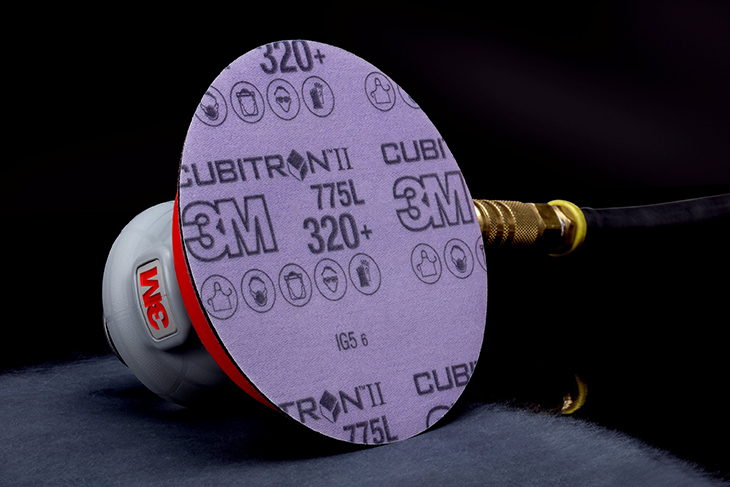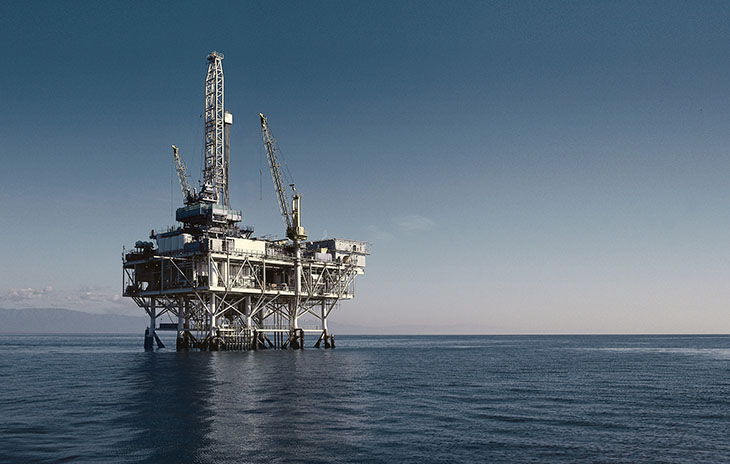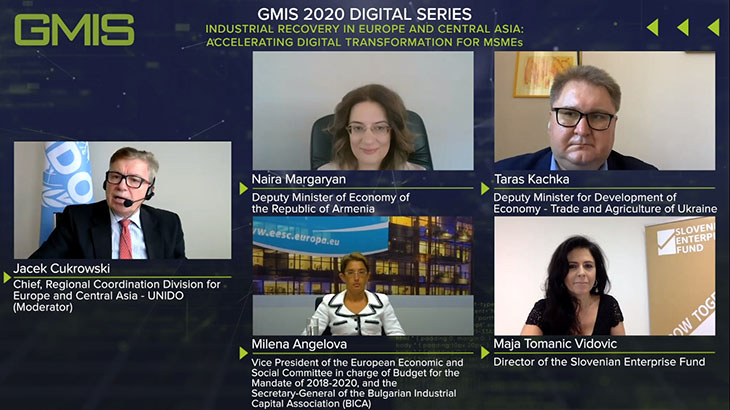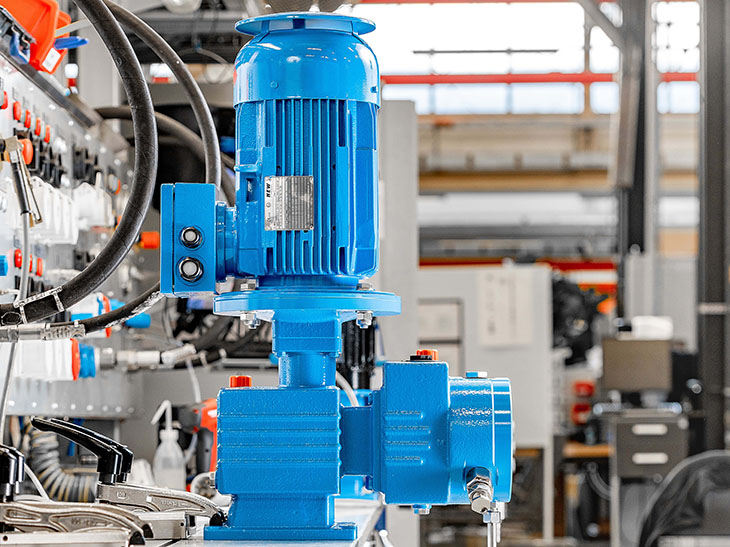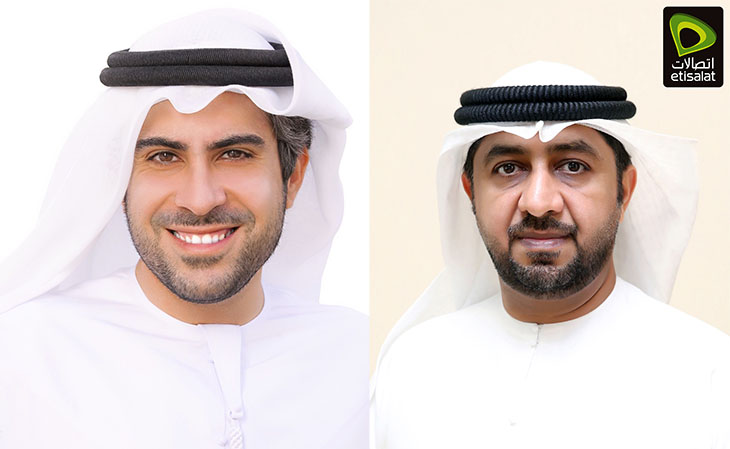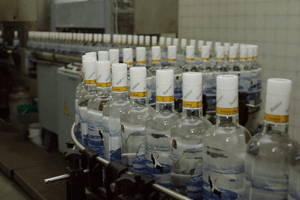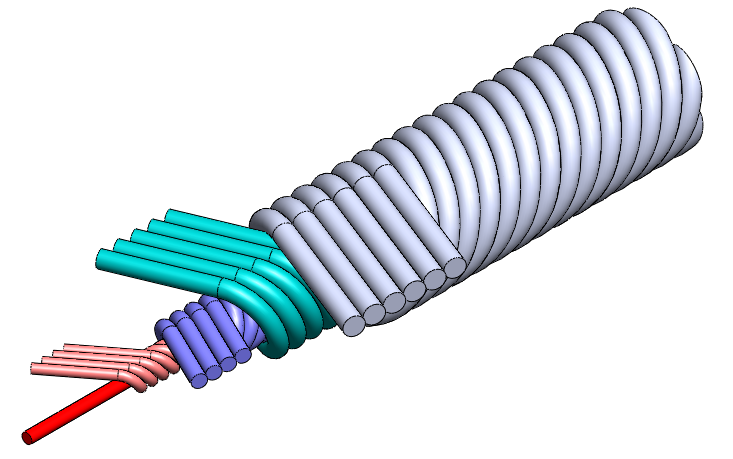World-leading low- and medium-speed engine manufacturers, Wärtsilä and MAN Diesel & Turbo, announce the kick off of the next phase of the extensive, long-term HERCULES research programme. The overall vision of the programme is to achieve sustainable and safe energy production from marine power plants. This next phase is made possible by funding from the European Commission. Phase III of the HERCULES programme, HERCULES-C, aims at integrating several successful technologies in order to reduce emissions and optimise the efficiency and long-term reliability of marine engines. HERCULES-C is planned to run for three years, from 2012 to 2014, with a budget of EUR 17 million. This brings the total HERCULES research programme budget, which includes the earlier HERCULES-A and HERCULES-B projects, to EUR 76 million.
Objectives of HERCULES-C Phase III project
The first objective of the present HERCULES-C project is to achieve further substantial reductions in fuel consumption, while at the same time optimising power production and usage. This will be achieved through advanced engine developments in combustion and fuel injection, as well as through improvements in ship energy management, and the use of engine technologies supporting transport mission management.
The second objective is to maintain the performance of engines throughout their operational lifetime. This involves advanced materials and tribology developments to improve efficiency and reliability, as well as sensors, and monitoring and measurement technologies to improve the controllability and availability of marine power plants.
The third specific objective of HERCULES-C is to achieve near-zero emissions by integrating the various technologies developed in the previous collaborative research efforts.
Increased efficiency and reliability, reduced fuel consumption and emissions
Wärtsilä and MAN Diesel & Turbo together cover about 90% of the world's marine engine market. These two major partner groups have been collaborating in the HERCULES programme since it was conceived in 2002 to develop new technologies to increase marine engine efficiency. In so doing, fuel consumption, CO2 emissions, as well as gaseous and particulate emissions can be reduced, while engine reliability will be increased.
Please visit the HERCULES websites
· HERCULES-A (Phase I) 2004-2007 at www.ip-hercules.com
· HERCULES-B (Phase II) 2008-2011 at www.hercules-b.com
· HERCULES-C (Phase III) 2012-2014 at www.hercules-c.com










